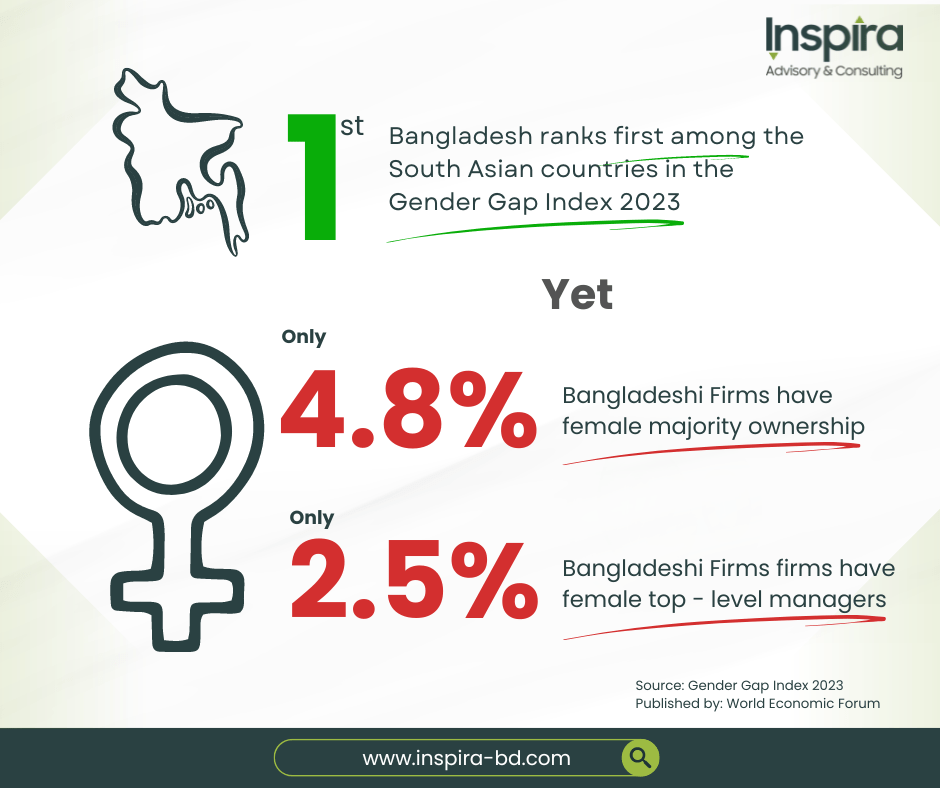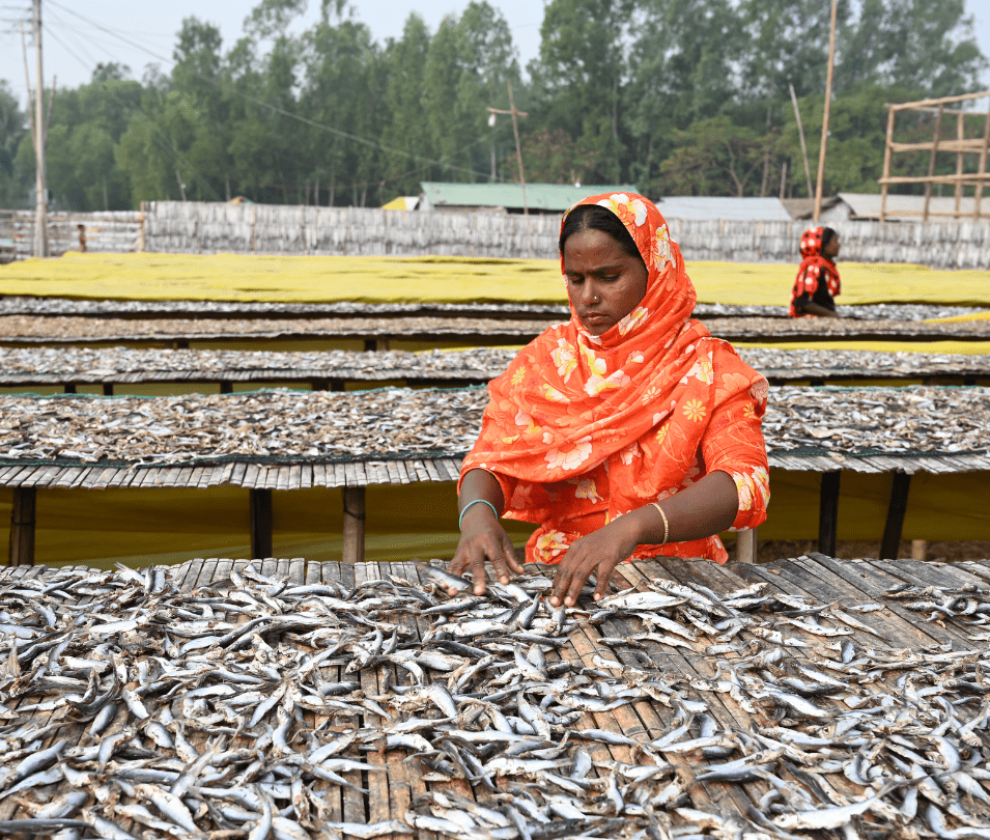In the 2023 Gender Gap Index by the World Economic Forum, South Asian countries present a diverse landscape when it comes to gender equality. Bangladesh emerges as the regional leader, securing the 59th position globally with a score of 72.2%. This impressive achievement is driven by the country’s significant strides in political empowerment, ranking a remarkable 7th worldwide. Bangladesh boasts a long history of female leadership, with women having held the position of head of state for the longest duration (29.3 years) compared to any other country in the past 50 years. Additionally, Bangladesh has shown steady progress in education, achieving near parity in enrollment rates at the secondary level. Literacy rates and participation in higher education for women are also on the rise.

Following Bangladesh is Bhutan, positioned at 102nd globally with a score of 68.2%. While specific details regarding its strengths and weaknesses are not readily available in the report, Bhutan’s ranking suggests a commendable overall performance.
The remaining South Asian nations fall within a mid-range, grappling with areas of both progress and setbacks. India, with a score of 64.3% and a ranking of 107th, demonstrates strength in education but lags behind in political empowerment and economic participation for women. Similarly, Maldives (116th) and Nepal (117th) showcase positive developments in health and survival, with either achieving parity in some educational areas or nearing it. However, both countries struggle with limited political participation and economic opportunities for women. Sri Lanka (112th) also faces similar challenges, despite performing well in health and education.
Pakistan (142nd) and Afghanistan (146th) paint a concerning picture, ranking the lowest in South Asia and globally, respectively. Pakistan scores the weakest in the region across all sub-indexes, with the most significant gap in health and survival. Afghanistan faces the most severe gender disparity worldwide, with lagging performance in all areas measured by the Index..
Despite this notable accomplishment, the participation of women in firm ownership and top management remains strikingly low. Women in Bangladesh predominantly engage in informal employment, resulting in a significant disparity in their representation at senior leadership levels within formal sectors. This trend underscores the persistent challenges faced by women in accessing and advancing formal employment opportunities. Addressing these barriers is crucial to unlocking the full potential of women in Bangladesh’s workforce and promoting gender equality in both economic and social spheres.




